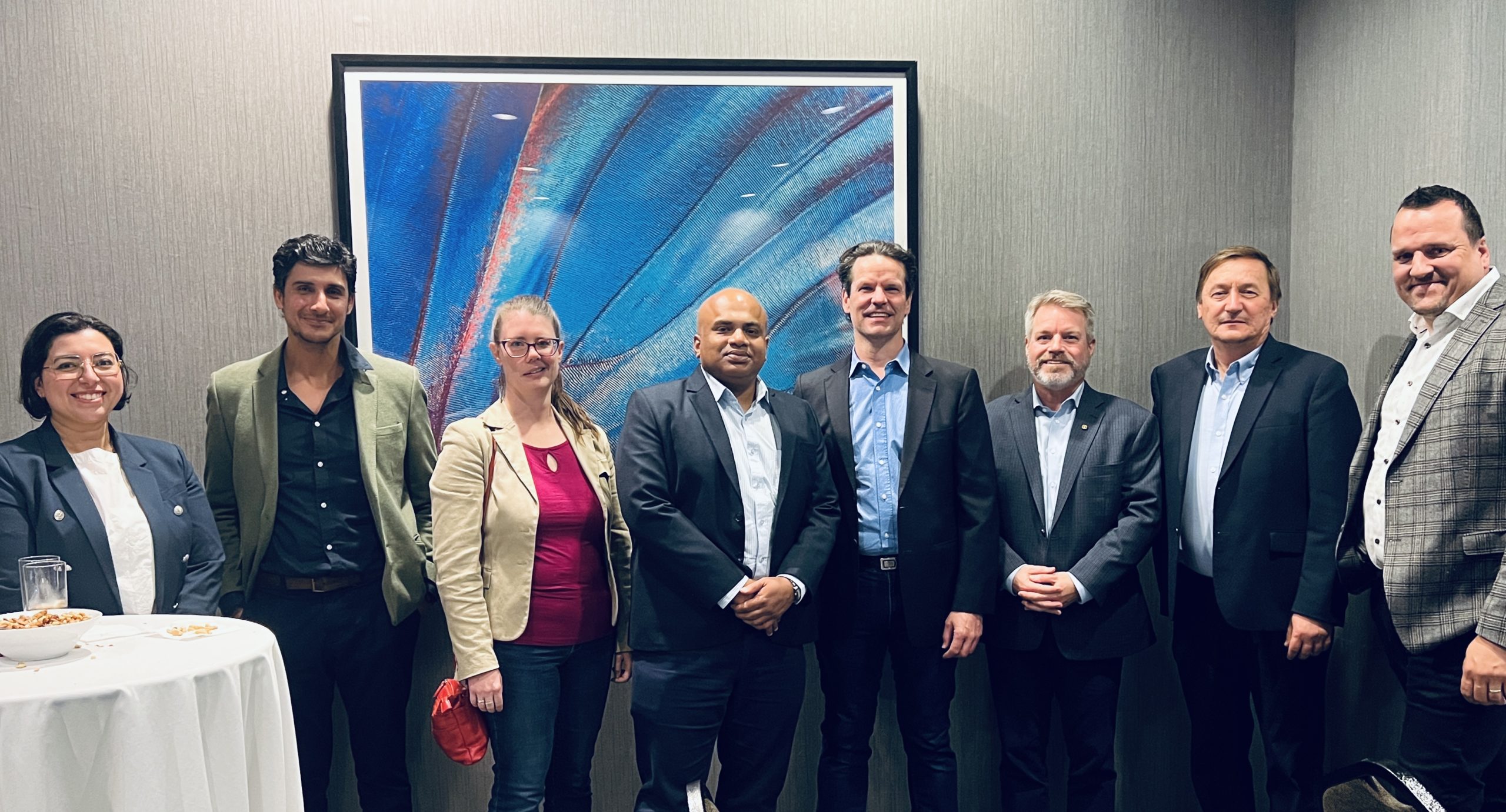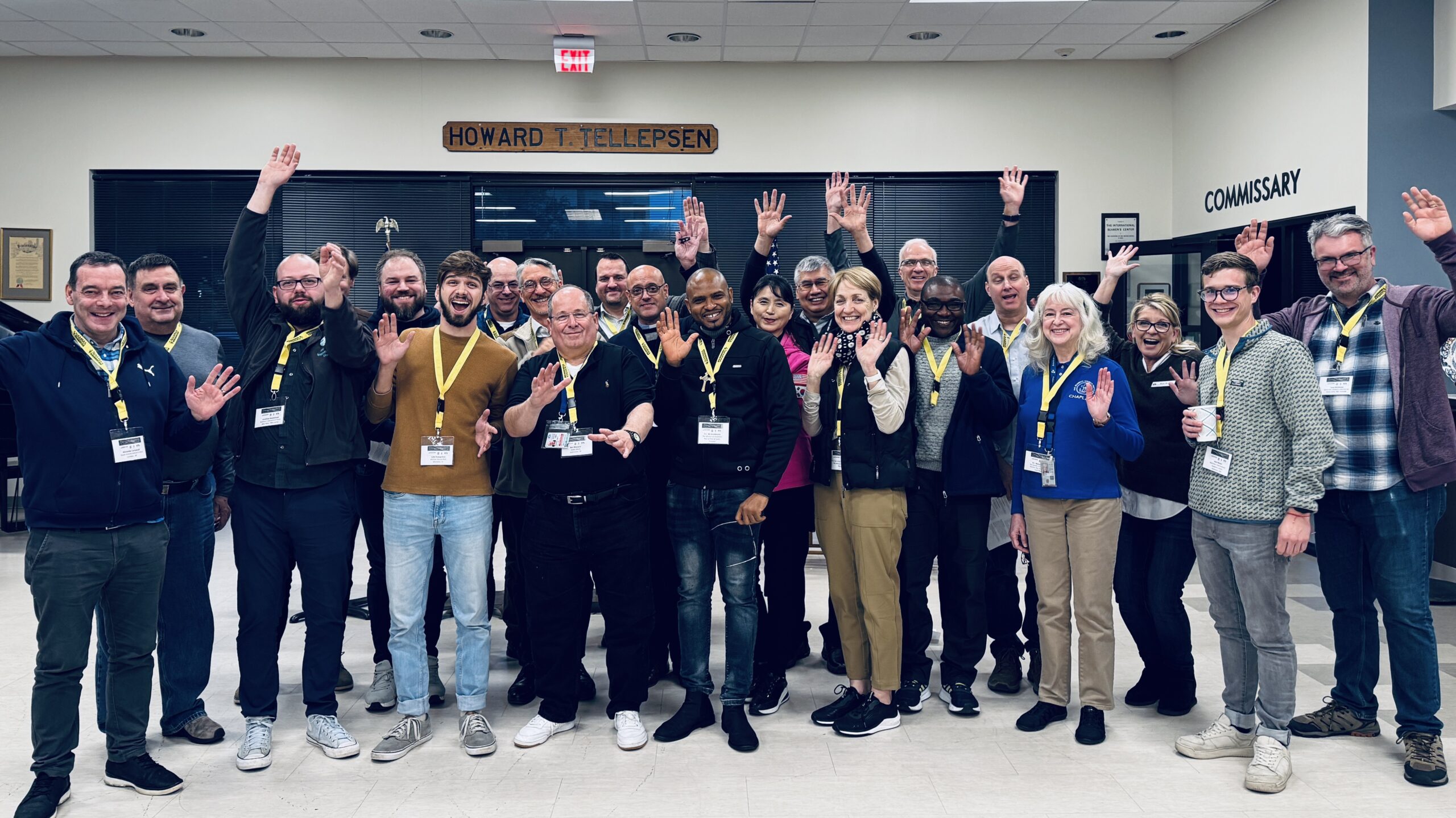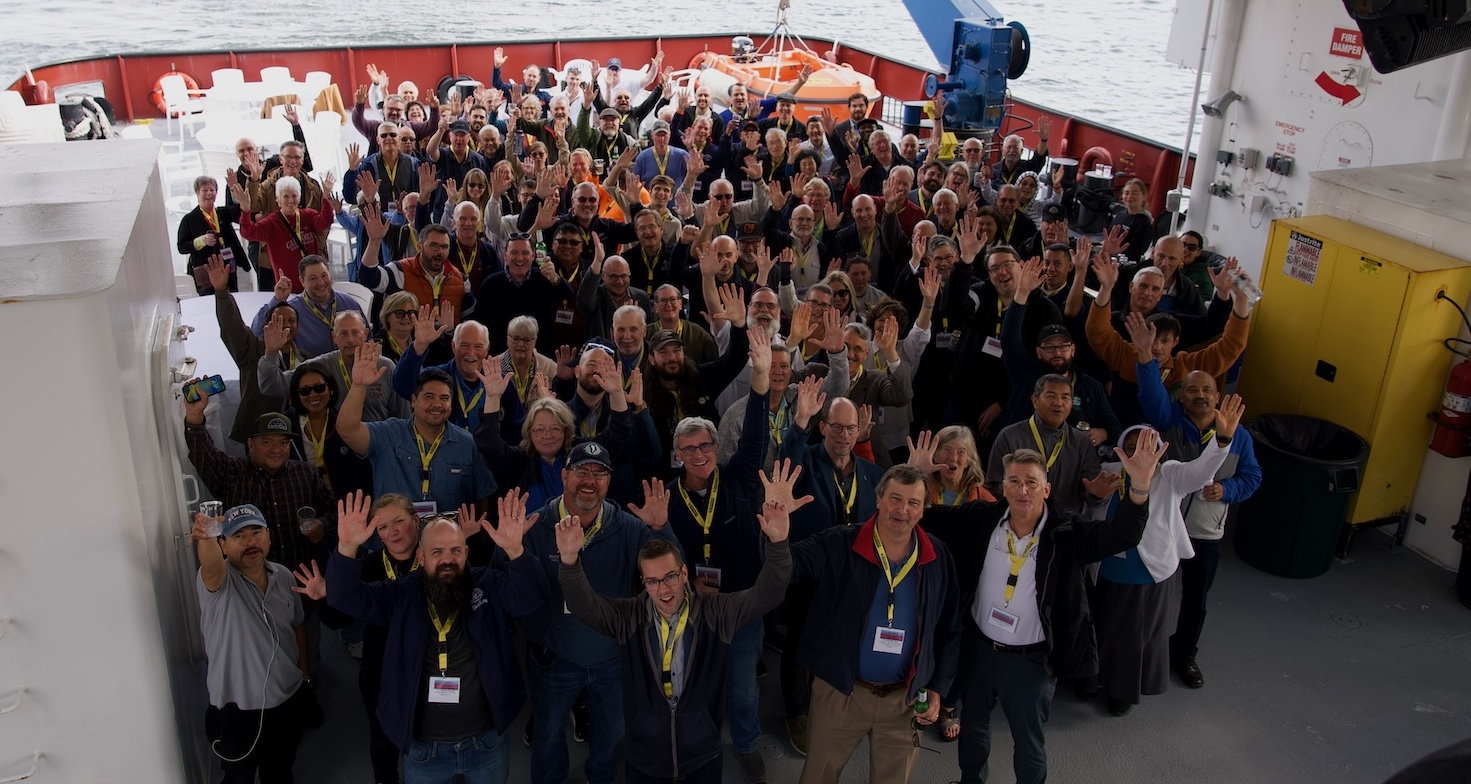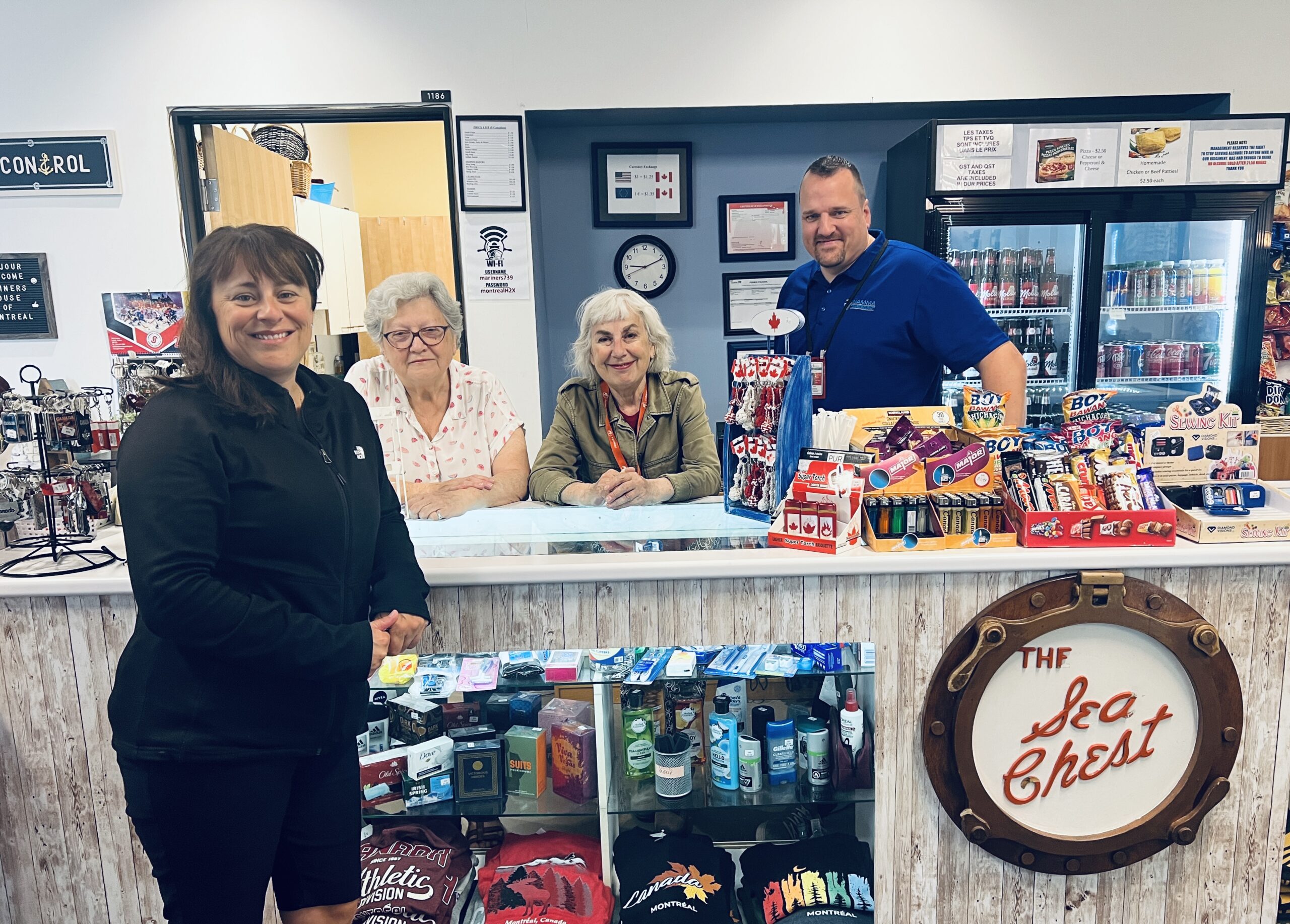The maritime industry stands on the brink of a pivotal transformation, propelled by the urgent need for sustainable practices and fuels. Prasad Nayak, General Manager (Training), at Anglo-Eastern Ship Management in Mumbai, led a session on May 9 in Montreal, as part of a push to help clients and partners understand the future of fuel. As chair of the Ammonia bunker guideline working group within the Society for Gas as Marine Fuel (SGMF) and a key member of various environmental initiatives, Nayak’s insights offer a roadmap to the industry’s future.
The Push for Alternative Marine Fuels
With the International Maritime Organization (IMO) targeting net zero emissions by 2050, and intermediary goals for 2030 and 2040, the shift from traditional fuels to alternative sources is not just a choice but a necessity. “Business as usual will not work,” Nayak asserts, highlighting the critical need for a shift in marine fuel paradigms. This transition includes the exploration of hydrogen, ammonia, and other synthetic fuels like LNG and LPG—each with its unique benefits and challenges.
Hydrogen and Ammonia: Pioneers of Zero Carbon Emissions
Hydrogen, the most abundant element in the universe, offers a clean combustion process, releasing only water vapor. However, its low energy density and high flammability present significant handling challenges. Meanwhile, ammonia (NH3) represents a promising zero-carbon option. Despite its potential, Nayak notes its high toxicity and the necessity for rigorous safety protocols to protect seafarers during handling and transport.
LNG: A Transitional Fuel?
Liquefied Natural Gas (LNG) is currently a leading alternative, offering reduced emissions of sulfur oxides (SoX), nitrogen oxides (NoX), and particulates compared to heavy fuel oils. Its non-toxic and non-carcinogenic properties make it safer, although its cryogenic nature and the potential for large-scale vapor release pose risks that demand careful management.
Methanol and Ethanol: Low-Carbon Alternatives with Challenges
Methanol and ethanol present themselves as lower-carbon fuels that are easier to handle compared to LNG and hydrogen. However, their toxicity poses severe risks to human health, necessitating the development of safety measures and rapid response strategies in case of exposure.
Training for a Just Transition
A significant part of Nayak’s focus is on the human aspect of the transition to zero-carbon fuels. “Who will train the seafarers?” he asks, pointing to a gap in current training programs for handling new types of marine fuels. Through partnerships with entities like the Maersk McKinley Moller Center for Zero Carbon and the Maritime Just Transition Task Force, Nayak is advocating for comprehensive training programs that prepare maritime workers for future demands.
Engaging the Next Generation
Addressing the generational shift in the workforce, Nayak emphasizes the importance of adapting training methods to the preferences of Millennials and Gen Z, who favor interactive and engaging learning experiences over traditional methods. He suggests that virtual reality and micro-learning modules could be the key to effectively training the seafaring workforce of the future.
Conclusion
As the maritime industry navigates these transformative times, leaders like Prasad Nayak play a crucial role in steering the community towards safer, more sustainable practices. His work with the Anglo-Eastern Ammonia committee, various international collaborations, and his advocacy for safety and training highlight the multifaceted approach needed to achieve the IMO’s ambitious environmental goals. The journey to 2050 is fraught with challenges, but with continued innovation and collaboration, the maritime industry can hope to achieve a sustainable and zero-carbon future.
Photo: Prasad Nayak (fourth from left) and Rémy Boulanger (General Manager – Anglo-Eastern Canada) (third from right) with guests at the Alternate Marine Fuels session in Montreal on May 9, 2024.





